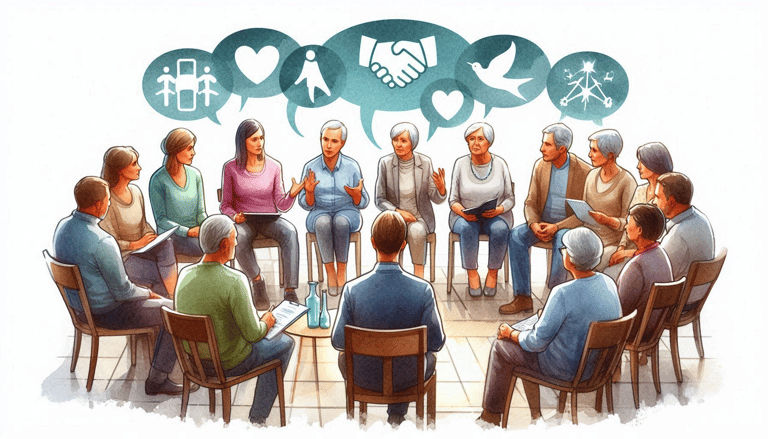Euthanasia and the Right to Life: The Euthanasia Debate
Ogunsuji Favour Boluwatife
University of Lagos, Nigeria
This blog is written by Ogunsuji Favour Boluwatife, a Third-year law student of University of Lagos, Nigeria


The topic of euthanasia has raised debates in several parts of the world because it is a controversial issue. It is controversial because it is contrary to the notion of the right to life. The right to life seeks to preserve life but euthanasia seeks to end life.
Euthanasia is the act of ending a life. This act is intentional and it is mostly done to sick patients to end their pain and suffering. According to the Collins English Dictionary[1], euthanasia is defined as the “act of killing a person painlessly especially to relieve suffering from an incurable disease.” According to Encyclopedia Britannica[2], euthanasia is the “act or practice of painlessly putting to death persons suffering from a painful and incurable disease or incapacitating physical disorder or allowing them to die by withholding treatment or withdrawing artificial life-support measures.”
There are various kinds of euthanasia. K.M. Mowoe classified euthanasia into four main types[3]:
· Passive euthanasia,
· Active euthanasia,
· Physician-assisted euthanasia, and
· Involuntary euthanasia.
Active euthanasia is a common kind. It involves killing people directly but passive euthanasia is kind of indirect. In passive euthanasia[4], it is an indirect killing because the sick person's treatment is stopped, and the patient is allowed to die without stopping it. Physician-assisted euthanasia is the death caused by physicians. Involuntary euthanasia is not voluntary, that is, it is not done with the consent of the sick person.
All these types of euthanasia and the other types are against the right to life. The right to life is put in place to protect human lives.[5]. It makes sure that the gift of life is respected and preserved. But with the advent of euthanasia, human life is ended when it's not yet time to die. This is the reason why several debates have been brought up regarding this topic. We have two sides to this debate; we have those who support euthanasia and those who are against it.
Those who support euthanasia have raised several arguments to buttress their point. They argue that euthanasia reduces the expenses that are used to take care of sick patients in the hospital. When the sick person's life is put to an end, the bills end with the death. Euthanasia ends the pain and suffering the sick patients undergo during their illness. It also ends the suffering the family and friends go through during the duration of the illness.
The side that is against euthanasia has also raised arguments to buttress their stance. The first thing they point out is that euthanasia contradicts the right to life and doesn't respect the gift of life. Euthanasia is argued to be illegal because it is not universally accepted worldwide. There is always a possibility of finding a cure for the incurable disease or a possibility of the sick patient recovering but euthanasia cancels this possibility.
Conclusion:
The euthanasia debate is no doubt a complex and controversial issue because the arguments for both sides sound logical. Despite these arguments, there is no worldwide acceptance or renunciation of this concept. It is left for you and me to pick a side, for or against euthanasia. But before we take a stance, let us take a careful consideration of the implications of the stance we take.
REFERENCES
[1] Collins English Dictionary, 'Euthanasia' (2024) <https://www.collinsdictionary.com/dictionary/english/euthanasia> accessed 02 September 2024
[2] Encyclopedia Britannica, 'Euthanasia’ (2024) <https://www.britannica.com/topic/euthanasia> accessed 02 September 2024
[3] K.M Mowoe, Constitutional Law in Nigeria (vol IV, Northline Press 2021) 326
[4] Airedale National Health Service Trust v Bland [1993] AC 789
[5] For instance, see article 2 of the Universal Declaration of Human Rights, article 6 of the International Covenant on Civil and Political Rights, article 4 of the African Charter on Human and Peoples’ Rights.
